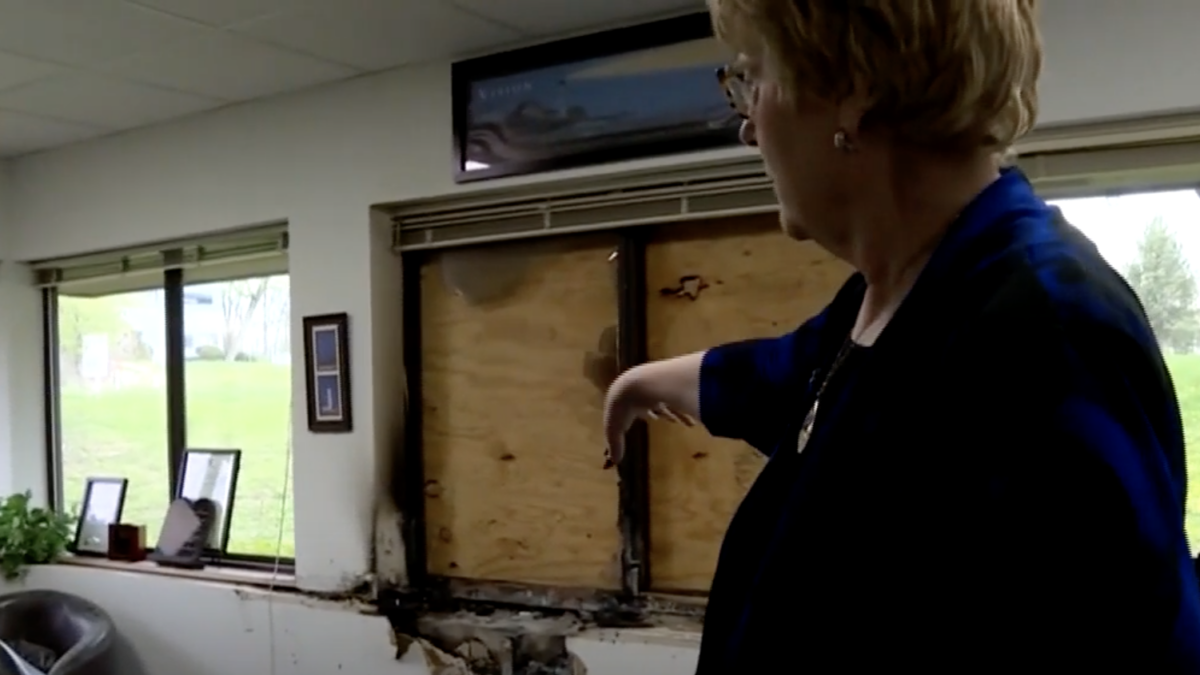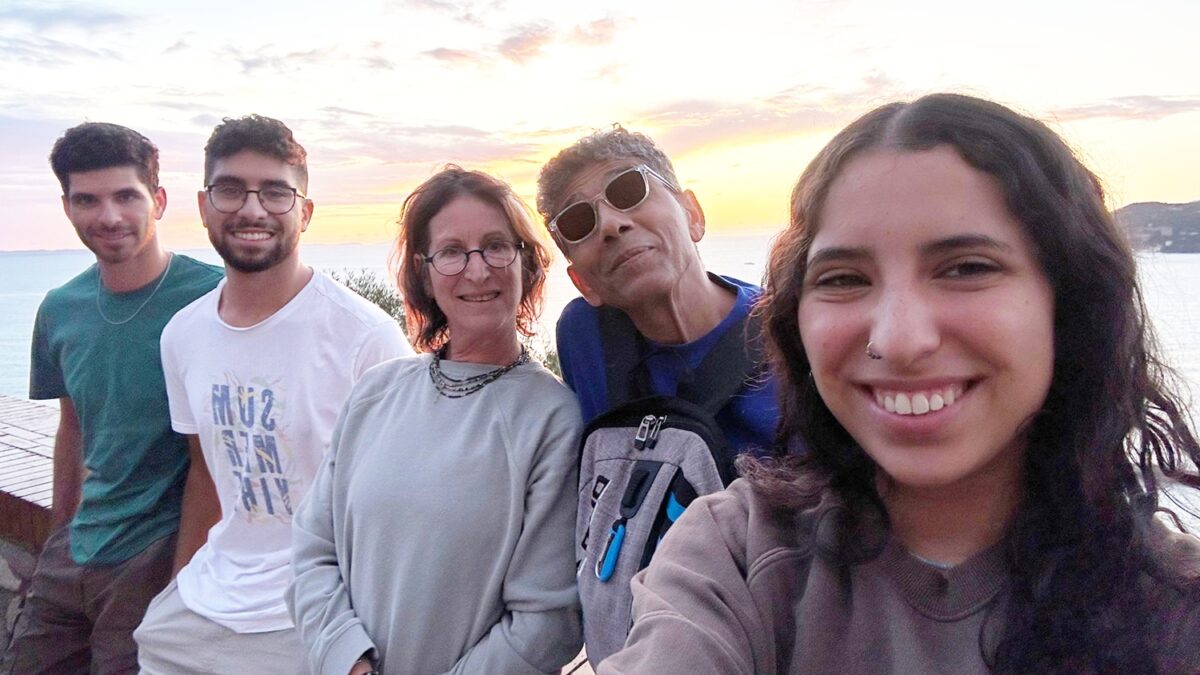
The Islamic State has been backed into a corner. Its Syrian stronghold is teetering as money, soldiers, and territory all dwindle. Mosul’s days are numbered. Raqqa is the next target. When these pillars of the ISIS ‘caliphate’ fall, its prestige will also take a nosedive. But, as the recent attacks in London show, jihadists have no intention of going gently into the good night. Their atrocities have pushed us back into an old debate: Is terrorism cowardly?
Gerard Vowels, the hero of London Bridge, has this one right. Terrorists are cowards. It makes no difference that they suffer and die for things they truly believe. When a man takes special pains to savage the weak and helpless, that is an intrinsically cowardly act, regardless of the personal price he may pay for his cowardly actions.
Audacious Acts Aren’t Automatically Virtuous
That terrorism is not courageous can be easily established. As Aristotle explains in the “Nicomachean Ethics,” the courageous man stands fast in the face of danger for the sake of what is good. Since the killing of innocents is a grave moral evil, it clearly cannot be courageous. Anyone inclined to quibble with this is simply confused about the nature of virtue. Risk-takers of all sorts may impress us, but of course we appreciate that people may court danger for any number of reasons. They might be drunk or on a drug-induced high. They might be overwhelmed by rage, hatred, or lust. Self-destructive behavior often has deep and complex psychological roots, but audacious acts are not per se virtuous. That is why we do not honor the criminal mastermind or the reckless drunk.
Just because terrorism isn’t courageous, though, it doesn’t necessarily follow that it is cowardly. Many risky-but-not-courageous acts are properly viewed as rash. The rash person shows an excessive willingness to face dangers, and is prone to take risks for inadequate reasons. When young men goad each other into risking life and limb for the thrill of it, we scold them for their rashness, not for their cowardice.
Almost certainly, some terrorists are rash. Most are young, and the young very commonly lack a full appreciation of the gravity of certain dangers. Evil men are often able to exploit that deficiency in service of their own ends, and there can be little doubt that ISIS recruiters and terrorist cell leaders are experts in this kind of manipulation. Rashness, however, is not the terrorist’s primary deficiency.
Terrorists are cowards in the fullest and most proper sense of that term. They deliberately avoid honorable forms of combat, preferring instead to prey on the weak, the innocent, and those who are not in a position to defend themselves. This is the terrorist’s modus operandi, and we should not allow his eye-popping audacity to distract us from the deep moral depravity that lies at the heart of this stratagem. He is the kind of fighter who prefers whenever possible to shoot his enemies in the back. After all, who knows? Given a chance to turn around, they might prove quicker on the draw.
It’s Possible To Be Both Audacious And Cowardly
Whenever this question arises, there are inevitably a few “defenders” who step forward to insist that terrorism, however evil, is at any rate not cowardly. Two points typically arise in this context. One is that terrorists show a serious disregard for their own lives, which is not a feature we typically connect with cowardice. The second is that they genuinely believe in the causes for which they fight.
I grant both of these points, but neither addresses the central issue at hand. It is perfectly possible to be both audacious and cowardly. Consider, as an example, a man who has a grievance against a much wealthier and more powerful employer. Perhaps the employer has fired him without just cause, blaming him for a mishap that was the employer’s own fault. The situation is unjust, but because he lacks money and connections, he fears that any effort to pursue legal redress will be unsuccessful. Accordingly, the enraged employee gets his revenge by physically beating his (former) employer’s teenaged daughter. He knows that the girl herself has done nothing, but hurting her is simply the easiest and most effective method of hurting her father.
This man is a coward. It does not matter that he has strong convictions. It makes no difference if he acts with full awareness that he will almost certainly be punished, by the law or even by a lynch mob. He chooses his target because she is weaker than himself, and because she is innocent; he knows that these two considerations will exacerbate the injury to his true enemy. He can’t bring himself to confront that person in an honorable fashion, because he fears that he would lose such an exchange. This is the epitome of cowardice. It’s also exactly the sort of thing that terrorists do.
We Fall For Terrorists’ Sales Pitch
Terrorism has long been a preferred military tactic for the weak and the desperate. Insurgent groups turn to terrorism when their resources are obviously too limited to put conventional victory within reach. That is their motivation for “choosing soft targets”, or (to put the point less gently) for murdering children and shooting unarmed people in the back.
Why is it so hard for some people to acknowledge the cowardice intrinsic to terrorism? In the main, it’s because we fall prey to the terrorist’s “sales pitch”. Terrorist organizations typically have a sense of drama. They know how to turn heads with their ruthlessness. Primarily this is meant to instill fear, but it can also instill a kind of qualified respect, which psychologically sustains the organization and helps with recruiting. Even in our horror, we can’t quite put aside the dark fascination that we feel when the Islamist’s fatalistic vision springs to life before our jaded Western eyes.
We shouldn’t give them that advantage. But it’s hard to help ourselves.
Our own societies are currently plagued by a philosophical and spiritual malaise, which cripples our confidence and leads us to second-guess our every action. Juxtaposed against that background, the deadly resolve of the terrorist is doubly impressive, and even perversely appealing. He believes in something, enough to die and kill for it. We, by contrast, are roiling in self-loathing and existential angst. Who are the real cowards?
Terrorists Are Not Worthy Foes
By defending terrorists as not-cowardly, figures like Bill Maher can provocatively express their disgust with the West’s spiritual torpor. There may also be a certain attraction to declaring the enemy a worthy foe, since noble enemies can inspire heroic deeds. Winning a war against cowards doesn’t do much to bolster our own flagging confidence. “Clash of civilization” rhetoric carries more punch.
But terrorists are not worthy foes, and it’s important that we not forget. No such honor should be granted to the sort of “soldier” who stabs unarmed women and murders children. Taken in full context, the jihadists orchestrating the attacks in London and beyond are sore losers who want others to be as miserable as they are themselves. They are losing their battles and their war, so preying on the weak is the only sick pleasure that is left to them.
For Western governments, zealous counterterrorism efforts are the primary response. The rest of us can help, though, by keeping moral perspective. Terrorists don’t merit our respect, qualified or otherwise. They are cowards. Don’t let anyone forget it.









